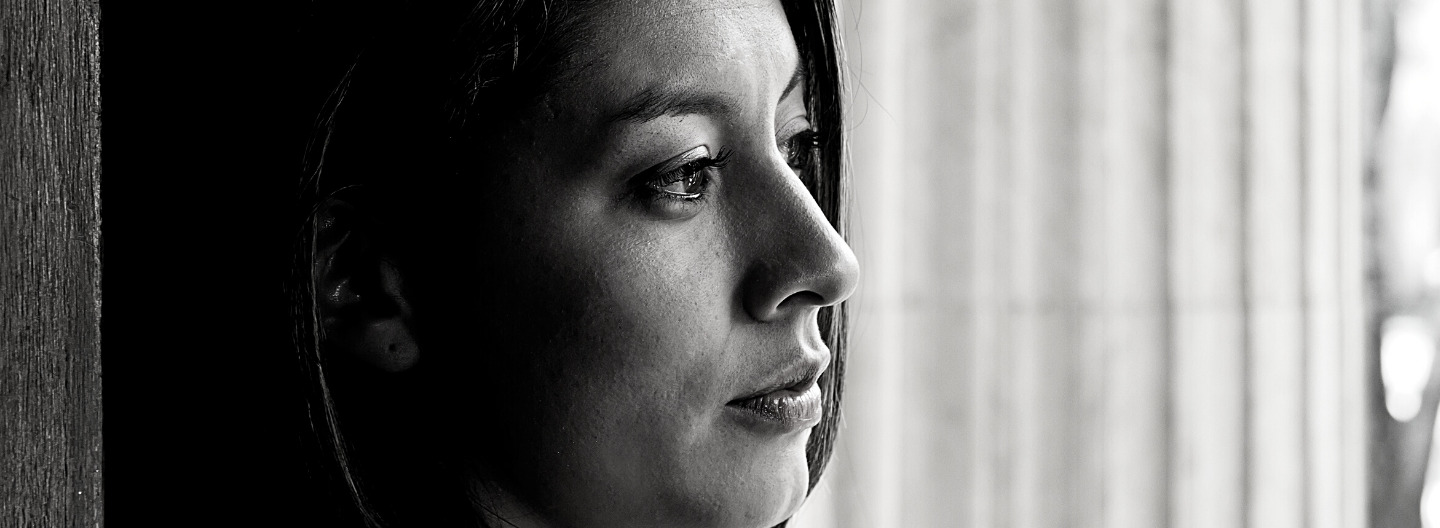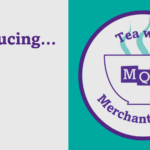Women and Substance Use
Sarah Morton is Director of the Community Drugs Programme, School of Social Policy, Social Work and Social Justice and Vice Principal of Teaching and Learning for the College of Social Sciences and Law., University College Dublin She has an interest in gender and drug policy and intervention, as well as participative and action focussed research methodologies.
It can be argued that within Ireland, we have developed some of the most innovative responses to women who are experiencing problematic substance use – perhaps a surprising situation given we are only starting to realise the degree to which gender can intersect with trauma, domestic violence and substance use initiation and use patterns. Yet, within Ireland, we have projects that seek to address some of the most complex aspects of women’s experience of substance use; with a treatment service that accommodates women with pre-school children; a domestic violence refuge that accommodates women who are actively using substances; a day service that supports women into education, to name a few. Beyond this many other organisations and services seek to at least recognise and respond to women’s needs, and support women to pathway into stabilisation and treatment, or to retain engagement in harm reduction. Despite these pockets of innovation, we have much more to do.
We are only starting to realise the degree to which gender can intersect with trauma, domestic violence and substance use initiation and use patterns.
Our current National Drug Strategy (NDS) identifies women as a specific population, and interventions have been developed in relation to pregnancy and mothering. Further changes are afoot in the aftermath of the mid-term review of the NDS, and in the context of significant policy developments on gender and drug policy at European level. At both policy and intervention levels, Ireland are potentially paused to thoroughly consider and address women’s needs where there is problematic substance use.
The points of action are multiple and change is challenging to enact. Women face and experience particular stigma if they use substances, and this can both be internalised and also act as a significant barrier to disclosure and engagement with services. Women’s substance use often intersects with societal expectations and pressures in regard to identity. For instance, women who use substances may feel inadequate if they do not become mothers or if they are unable to parent or are compromised in their parenting of children. Disclosure of substance use brings fears of losing access to children. Within services we can implicitly reinforce gender norms, particularly where there are mixed gender services. We may also judge women’s behaviour differently, reacting negatively if women who seek support are loud or argumentative or angry or if she makes decisions that we feel negatively affect any family members or children.
Disclosure of substance use brings fears of losing access to children.
Evidence indicates that women’s substance use often intersects with significant trauma, with experiences of domestic and sexual violence, and with further issues such as housing instability or homelessness and poverty. Migration status, disability and ethnicity can be further reasons for exclusion. We know, however, some of the elements that are helpful in supporting women; single gender low threshold, stabilisation and treatment services; focussing on safety; trauma informed practices; and building trust. For mothers, providing specific supports to address compromised mothering can be effective in retaining care of children, gaining access or rebuilding trust with older children.
While we have much work to do to ensure we are meeting women’s needs effectively, we are perhaps uniquely placed to take on this challenge, with services already in place in Ireland that have have challenged traditional non-gendered ways of providing interventions. In December 2021 MQI commenced a Irish Research Council research project in partnership with the UCD Community Drugs Programme to explore the intersection of substance use and other issues in the lives of women. We are optimistic this research will provide a strong foundation for the next stage of policy and practice that need to occur to ensure the needs of women are understood and responded to.
In response to the need for gender-specific services, MQI have introduced Jane’s Place, a dedicated service for women who are in homelessness and/or addiction in Dublin city centre. The service, staffed only by women, provides a safe, welcoming and non-judgemental environment in which women can access support. Services include: 1:1 case management support, emotional support and a health and well being group
For information on this service, please contact Mairead on 086 107 8382 or Sorcha on 087 1078384 or email janesplace@mqi.ie


